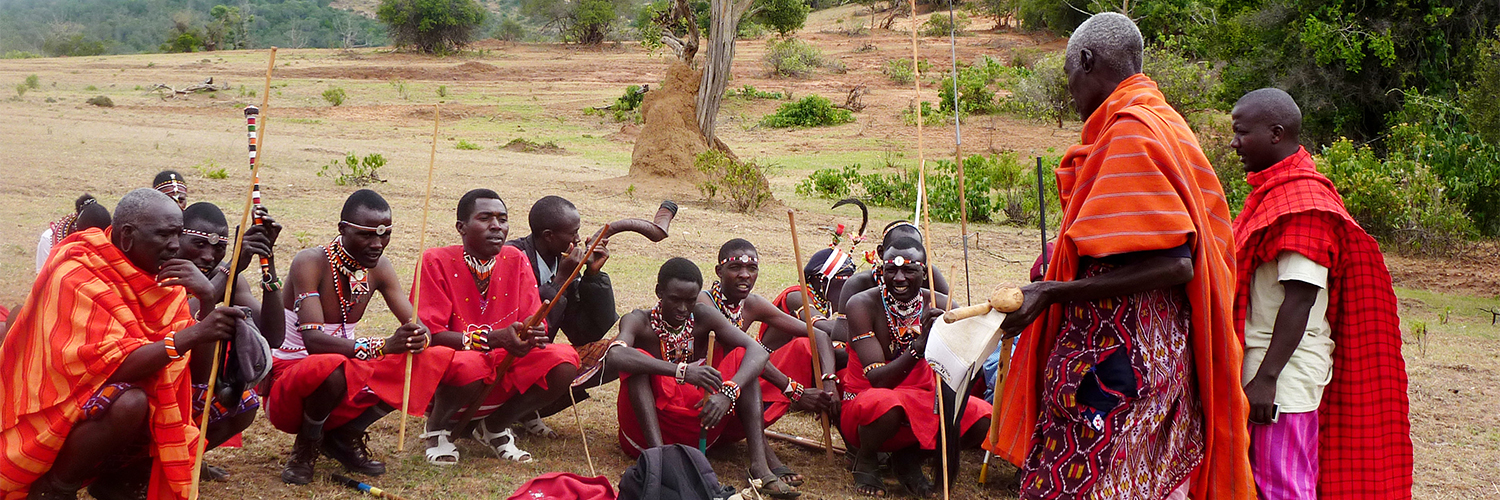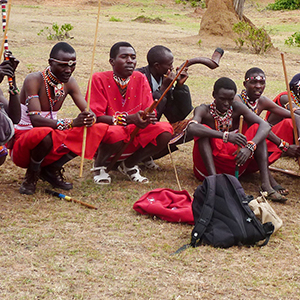Background
There are an estimated 370 million indigenous people in the world, living across 90 countries. They make up less than 5 per cent of the world's population, but account for 15 per cent of the poorest. They speak an overwhelming majority of the world's estimated 7,000 languages and represent 5,000 different cultures.
By resolution 49/214 of 23 December 1994, the United Nations General Assembly decided that the International Day of the World's Indigenous Peoples shall be observed on 9 August every year. The date marks the day of the first meeting, in 1982, of the UN Working Group on Indigenous Populations of the Sub-Commission on the Promotion and Protection of Human Rights.
In 1990, the UN General Assembly proclaimed 1993 the International Year of the World's Indigenous Peoples (A/RES/45/164 A/RES/47/75). Later, the General Assembly established two International Decades of the World's Indigenous Peoples: the first 1995 - 2004 (resolution 48/163), and the second 2005 - 2014 (resolution 59/174), with the goal of strengthening international cooperation for solving problems faced by indigenous peoples in areas such as human rights, the environment, development, education, health, economic and social development.
As requested in the outcome document of the 2014 World Conference on Indigenous Peoples, a UN System-Wide Action Plan on the rights of indigenous peoples was developed by the Inter-Agency Support Group on Indigenous Issues in 2015, in consultations with indigenous peoples, UN Members States, UN agencies and other stakeholders. It aims to ensure a coherent approach to achieving the ends of the UN Declaration on the Rights of Indigenous Peoples, including through improved support to Member States and indigenous peoples.


